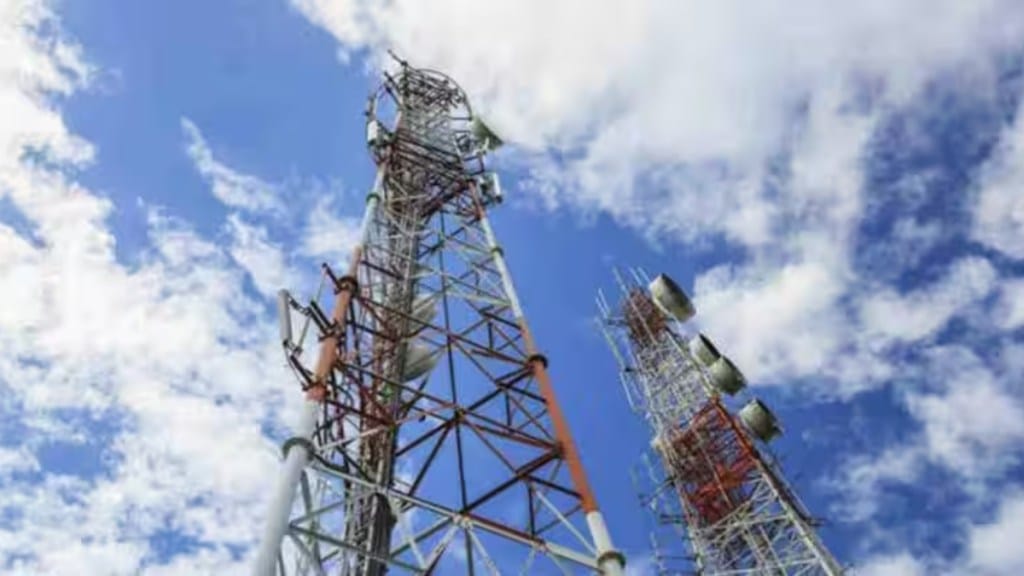In a setback for telecom operators like Bharti Airtel and Vodafone Idea, the Supreme Court on Monday held that licence fee paid by them post July 1999 should be treated as capital expenditure and not as revenue expenditure. The telecom operators had argued that since they have to pay licence fee yearly, it should be treated as revenue expenditure incurred for continuity of business.
The apex court’s order may lead to re-assessment which may result in higher tax burden on the operators, analysts said. Revenue expenditures are expenses that a company incurs in its normal course of business operations to generate revenue. The same is generally fully deductible from taxable income in the year they are incurred. On the other hand, capital expenditure are long-run investments that benefit the company for more than one year. Expenditure of a capital nature is not allowed as a deduction when calculating trading profits.
As per the National Telecom Policy 1999, telcos had to pay a one-time licence fee to start operations, along with a yearly licence fee based on their annual turnover. This was in contrast to the earlier policy, wherein they had to pay the entire licence fee upfront.
Since telecom operators usually defer their payment of licence fee or pay them in installments, the SC said the same does not change the nature of capital expenditure into revenue expenditure.
With its ruling, the SC overturned the Delhi High Court order of 2013, which was favourable to the companies as it had held that that such payments should be partly treated as revenue expenditure.
“The decision of the Hon’ble Supreme Court could have a huge impact on the telecom industry as the High Court decision seemed to provide a reasonable basis to decide on the deductibility of the payments made by the telecom operators to obtain the telecom licence,” said Mihir Gandhi, partner, tax & regulatory services at BDO India.
“The various telecom operators who have incurred substantial expenses to obtain a licence will have to revisit the position taken with respect to the deductibility of the expense. The disallowance of the expenses would adversely impact the companies which are already suffering huge loss,” Gandhi added.
